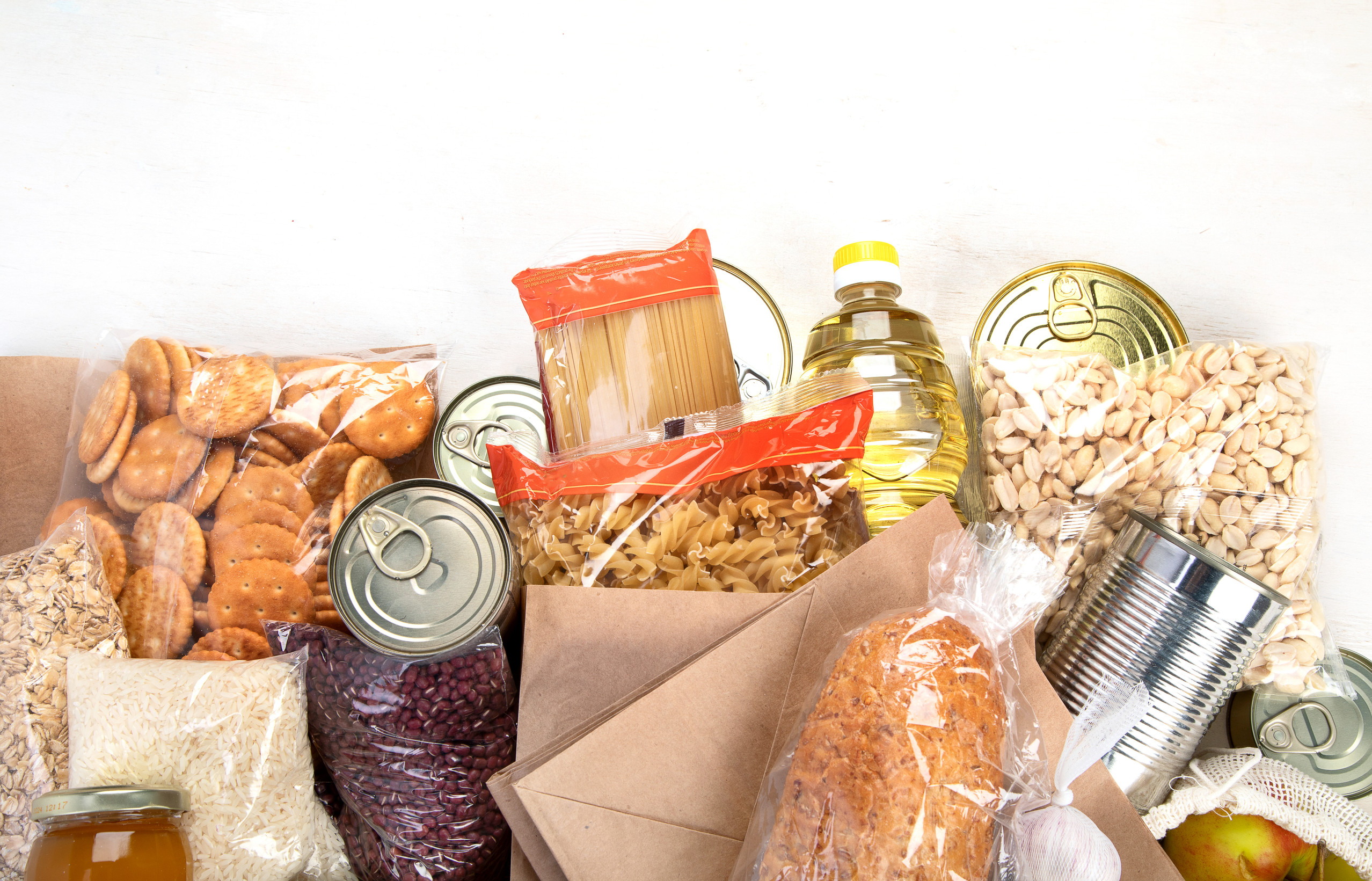When it comes to helping those in need, donating food is one of the most common and well-intentioned gestures. But there’s an uncomfortable truth that often gets overlooked: many food bank donations come in the form of expired cans, half-used boxes, or long-forgotten pantry items. Would you serve that to your family? Probably not. So why is it okay to hand it off to someone facing hunger?
The people who rely on food banks deserve the same dignity we expect for ourselves. Here’s why it’s time to rethink what—and how—we give.
1. Expired Doesn’t Always Mean Unsafe—But It Does Say Something
Yes, some “expired” food is still technically safe to eat, especially shelf-stable items like canned vegetables or dry pasta. But that doesn’t mean it’s high-quality, nutritious, or appealing. Giving past-date food sends an unspoken message: “You’re lucky to have anything.” While your heart might be in the right place, the donation can still feel like a hand-me-down rather than a hand up. If you’re donating food you wouldn’t put on your own plate, it may be time to reconsider.
2. Most Food Banks Have Strict Guidelines on What They Can Accept

Image Source: 123rf.com
Many donors don’t realize that food banks must follow state and federal food safety regulations. This means expired, dented, or damaged items often can’t be distributed, so they end up in the trash. That not only wastes resources but also creates extra work for already overstretched staff and volunteers. Just because food banks are in need doesn’t mean they can accept just anything. Giving items they can actually use makes a much bigger impact.
3. Food Bank Donations Should Prioritize Nutrition, Not Just Calories
When people are food insecure, it’s not just about getting something to eat—it’s about getting something worth eating. Highly processed, salty, or sugary donations might fill a stomach, but they don’t nourish the body. Many food banks are shifting toward a “nutrition-first” approach, aiming to provide balanced meals with real value. Donating items like canned beans, brown rice, peanut butter, and low-sodium vegetables helps meet this goal. It’s not about gourmet meals—it’s about health and humanity.
4. Donating Thoughtfully Doesn’t Have to Be Expensive
A common myth is that donating better-quality food means spending a fortune. But even a $5 bag of rice or a few packs of shelf-stable milk can go a long way. Shop store brands, look for sales, and consider buying in bulk to stretch your giving budget. The goal isn’t to go broke—it’s to make your donation count. Thoughtful doesn’t mean lavish—it just means mindful.
5. People Using Food Banks Deserve Dignity and Variety
Imagine going to a food pantry and being handed five dented cans of green beans and a mystery can with no label. Now imagine how it feels to receive a well-packed bag with pasta, marinara, and a recipe card attached. That small shift adds dignity to the experience. Everyone deserves to feel like their needs matter, not just that they’re being fed out of obligation. Your food bank donations can change someone’s day with just a little extra thought.
6. It’s Not Just About What You Donate—It’s About How You Do It
Take a few minutes to check expiration dates, wipe down dusty containers, and place items in a clean bag or box. Presentation matters, even when it’s going to a warehouse or sorting center. Volunteering your time can also go hand-in-hand with food donations, helping ensure items get where they’re needed most. Showing care in the way you give creates a ripple effect—one that builds trust, community, and compassion. Giving isn’t just what’s in the bag—it’s the attitude that comes with it.
7. Monetary Donations Often Go Further Than Food
If you want to make a real impact, consider giving money instead of groceries. Most food banks have wholesale partnerships and can purchase far more food than the average person can at a local store. A $20 donation could turn into 100 pounds of food—or more. It also allows food banks to buy exactly what’s needed, whether that’s baby formula, fresh produce, or hygiene products. Cash might not feel as “personal,” but it’s often the most efficient way to help.
8. Hunger Isn’t a Holiday Problem—It’s a Year-Round Reality

Image Source: 123rf.com
While donations spike during Thanksgiving and Christmas, hunger doesn’t follow a calendar. Families struggle year-round, and food banks often face shortages in the spring and summer months. Consider setting a reminder to donate quarterly—or even monthly—so support stays consistent. Being a regular donor helps food banks plan better, restock thoughtfully, and serve more people with confidence. Consistency matters as much as generosity.
Giving With Intention Makes a Bigger Difference
At the end of the day, food banks don’t need pity—they need partners. They need people who see hunger not as someone else’s problem, but as a community issue we all have a stake in. Your food bank donations have the power to bring real nourishment and dignity to people who are struggling, not just to fill shelves, but to restore hope. So next time you open your pantry, ask yourself: Is this something I’d want if I were the one in need?
Have you ever volunteered or donated to a local food bank? What do you think makes the biggest impact? Share your thoughts in the comments below.
Read More
Do Grocery Stores Waste Too Much Food? Here’s What Really Happens
Is Food Waste Really Necessary: 5 Things Grocery Stores Could Do To Help The Poor


